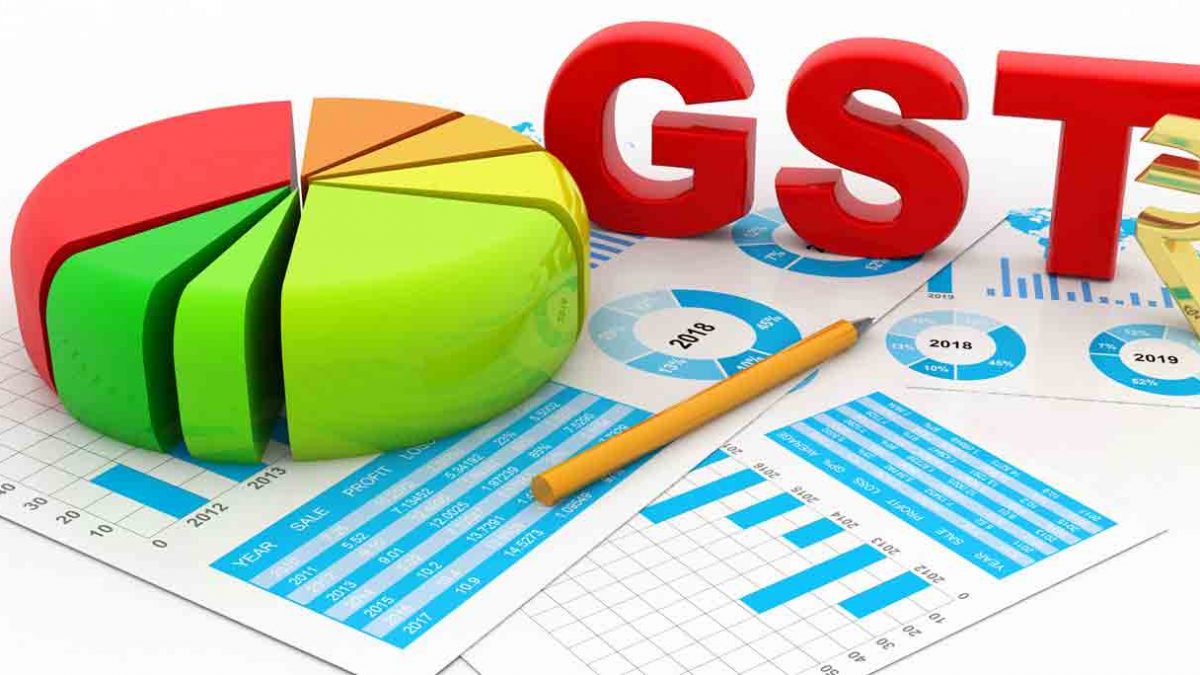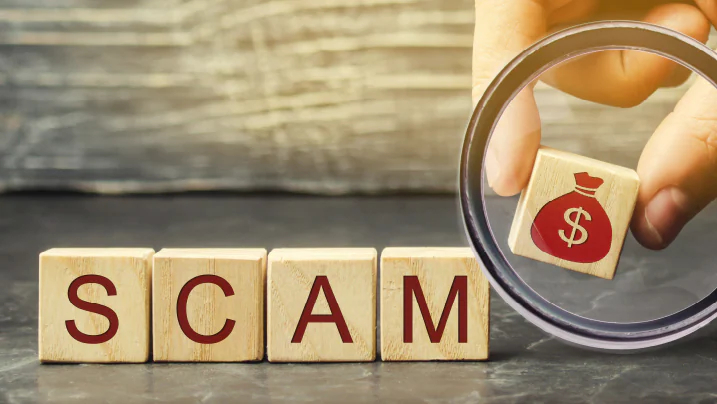Major consequences of not filing GST accurately that you must know

Dream 11 fantasy sports to be classified as games of skill and not gambling
August 16, 2021
Beginners guide on Income Tax 2021: How to calculate payable Income tax?
August 17, 2021Goods And Services Tax (GST) was introduced as a replacement for all the indirect taxes that are applied to the supply of goods and services (in India). The objective to launch this tax system was to prevent the cascading effect of other indirect taxes. Presently, GST rates are revised in 44th GST Council for COVID-relief till Sept 2021.
But sometimes, intentional or unintentional mistakes while filing GST can lead to penalties. These consequences are well defined under the GST law. Let’s take a look at some of the listed situations which are labelled as major offences by the law.
- Eligible for GST registration, but not registered so far.
- Issuing invoice by using the GSTIN of another taxpayer
- Not generating an invoice or issuing a fake invoice while supplying goods and services
- Submitting any false information, records, documents, returns, etc. at the time of GST filing to evade tax
- Receiving GST returns by fraud
- Intentionally suppressing sales information to avoid taxes
- Going for a composition scheme even when he is ineligible.
Consequences of not filing GST accurately
- Penalties that may have to pay
For late GST filing
One situation when you need to pay the penalty is when you file GST after the deadline. Late filing can attract a penalty of Rs. 100 per day per Act. Hence, you need to pay Rs. 100 under CGST and the same amount under SGST. The maximum penalty cannot exceed Rs. 5,000. Apart from this per day penalty, you must pay 18% p.a. interest on the tax payable amount.
When you have not filed GST
If you have not filed the GST returns, then you can’t file subsequent returns in the future. This means that if you have not filed GSTR-2, then you can’t file GSTR-3 and other subsequent ones. It will lead to harsh penalties.
- When there are unintentional mistakes while filing GST
If the taxpayer didn’t intend to tax evasion and missed filing GST or performed some mistakes like making short payments, you need to pay 10% of the tax (minimum Rs. 10,000) as a penalty.
- When the offence is proved as intentional with a purpose of tax evasion
In such a situation, one needs to pay 100% of the penalty (minimum Rs. 10,000). Moreover, one may also face a jail term of up to 5 years (depending upon the tax amount).
Who inspects GST offences?
The Joint Commissioner of SGST/CGS inspects the case and may delegate the authority to inspect to other officers the business area and home physically. Any document with hidden details can be seized for analysis. Moreover, your goods (in-transit) may also be confiscated. Hence, it is advised to file GST and GSTR on time. I will help in saving money on penalties. Furthermore, such legal actions can affect the goodwill of our company.
Compounding offences to save time and money
Compounding offences can help in avoiding litigation. The accused does not have to be physically present at the hearing and can be discharged after the payment of the compounding fee. However, it is not available for cases that involve a sum of more than 1CR.
If the accused is not satisfied with the verdict, then he can appeal against it. You can take help for the same from the experts. Contact Inside Tax, one of the leading tax consultants. They can help in GST registration, filing, and GST return filing in Delhi and other parts of the country.




